Have you heard the story of the girl who inspired a Pope to lower the age for 1st Communion?
When Pope Pius X heard the story of Nellie Organ, he exclaimed, “There! That is the sign for which I was waiting!”
A few months later, he issued the Quam Singulari on August 15, 1910 which officially lowered the age of First Communion to seven years old.
Psst–you can scroll to the bottom of the blog to read the 8 statements from Quam Singulari.
So, who was this little girl that inspired a Pope to allow other little children to receive Our Lord in the Eucharist?

Nellie Organ was just 4 years old when God took her to Heaven. Despite her young age, she had an incredibly mature devotion to Our Lord during her long struggle with tuberculosis (which eventually led to her early death). During her time in the orphanage’s infirmary, the nuns recall Nellie reciting morning and evening prayers from memory. She was also known for reciting the Rosary daily, kissing the crucifix and each large bead as she prayed.
Though bedridden, she asked to be brought to adoration and it was her sincere wish to receive her First Holy Communion as soon as possible. After begging the nuns, she was finally given the opportunity to speak to a kind priest. After the priest had questioned her and was impressed by the knowledge this small child possessed about the Blessed Sacrament, he sought permission from his Bishop to make an exception.
When permission was finally granted, Nellie was allowed to receive her First Holy Communion before the age of five (an incredible act in 1907). Just a few months later, Little Nellie passed away wearing her First Communion dress.
A year after her death, her body was exhumed and found to be incorrupt! While not a saint yet, countless miracles have already been recorded through the intercession of this holy little girl.
You can share this beautiful story of Little Nellie with your children through this sweet picture book:

While Little Nellie isn’t a saint (yet?!), there is another little girl who is the patroness of First Communicants!
Blessed Imelda Lambertini is another young girl who was allowed to receive her First Holy Communion well before the required age of twelve. Her story is equally as beautiful and inspiring for children–it will help them truly comprehend the magnificent gift that the Eucharist is to Catholics.
We created a coloring book of Blessed Imelda for all Catholic children, but especially for children preparing for their First Communion. One Holy Heroes fan said:
“I buy this coloring book every year for all the students in my CCD First Communion class. The children love it!“
On sale now (with additional bulk discounts), this coloring book is wonderful as a stand-alone resource or as a companion to our Blessed Imelda Glory Stories!
Now, here are the 8 statements from Quam Singulari and the Sacred Congregation of the Discipline of the Sacraments in 1910:
1. The age of discretion, both for Confession and for Holy Communion, is the time when a child begins to reason, that is about the seventh year, more or less. From that time on begins the obligation of fulfilling the precept of both Confession and Communion.
2. A full and perfect knowledge of Christian doctrine is not necessary either for First Confession or for First Communion. Afterward, however, the child will be obliged to learn gradually the entire Catechism according to his ability.
3. The knowledge of religion which is required in a child in order to be properly prepared to receive First Communion is such that he will understand according to his capacity those Mysteries of faith which are necessary as a means of salvation (necessitate medii) and that he can distinguish between the Bread of the Eucharist and ordinary, material bread, and thus he may receive Holy Communion with a devotion becoming his years.
4. The obligation of the precept of Confession and Communion which binds the child particularly affects those who have him in charge, namely, parents, confessor, teachers and the pastor. It belongs to the father, or the person taking his place, and to the confessor, according to the Roman Catechism, to admit a child to his First Communion.
5. The pastor should announce and hold a General Communion of the children once a year or more often, and he should on these occasions admit not only the First Communicants but also others who have already approached the Holy Table with the above-mentioned consent of their parents or confessor. Some days of instruction and preparation should be previously given to both classes of children.
6. Those who have charge of the children should zealously see to it that after their First Communion these children frequently approach the Holy Table, even daily if possible, as Jesus Christ and Mother Church desire, and let this be done with a devotion becoming their age. They must also bear in mind that very grave duty which obliged them to have the children attend the public Catechism classes; if this is not done, then they must supply religious instruction in some other way.
7. The custom of not admitting children to Confession or of not giving them absolution when they have already attained the use of reason must be entirely abandoned. The Ordinary shall see to it that this condition ceases absolutely, and he may, if necessary, use legal measures accordingly.
8. The practice of not administering the Viaticum and Extreme Unction to children who have attained the use of reason, and of burying them with the rite used for infants is a most intolerable abuse. The Ordinary should take very severe measures against those who do not give up the practice.

HolyHeroes
Latest posts by HolyHeroes (see all)
- 27 Days of Glory Stories [Summer Calendar] - May 15, 2024
- Celebrate the first canonized Knights of Columbus [FREE coloring page & podcast] - May 14, 2024
- How to make a Fatima Family Action Plan [3 EASY steps] - May 13, 2024

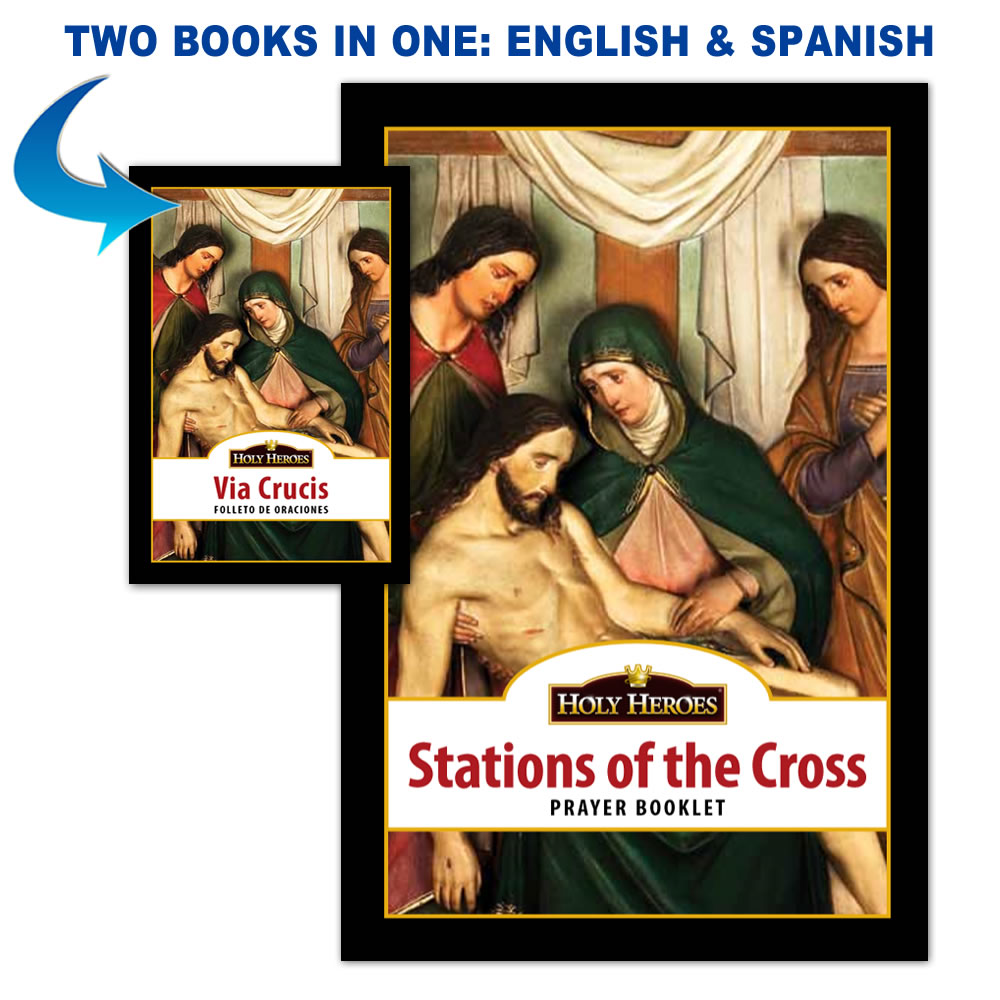
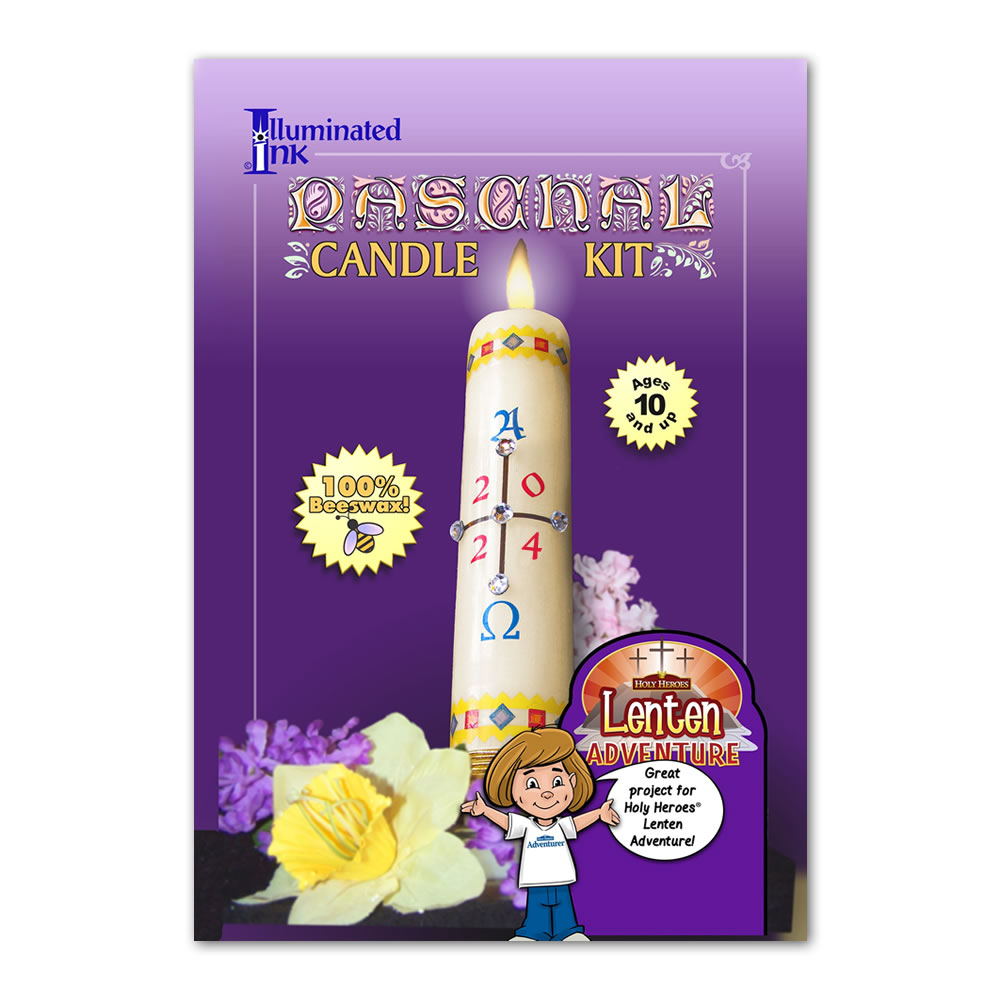

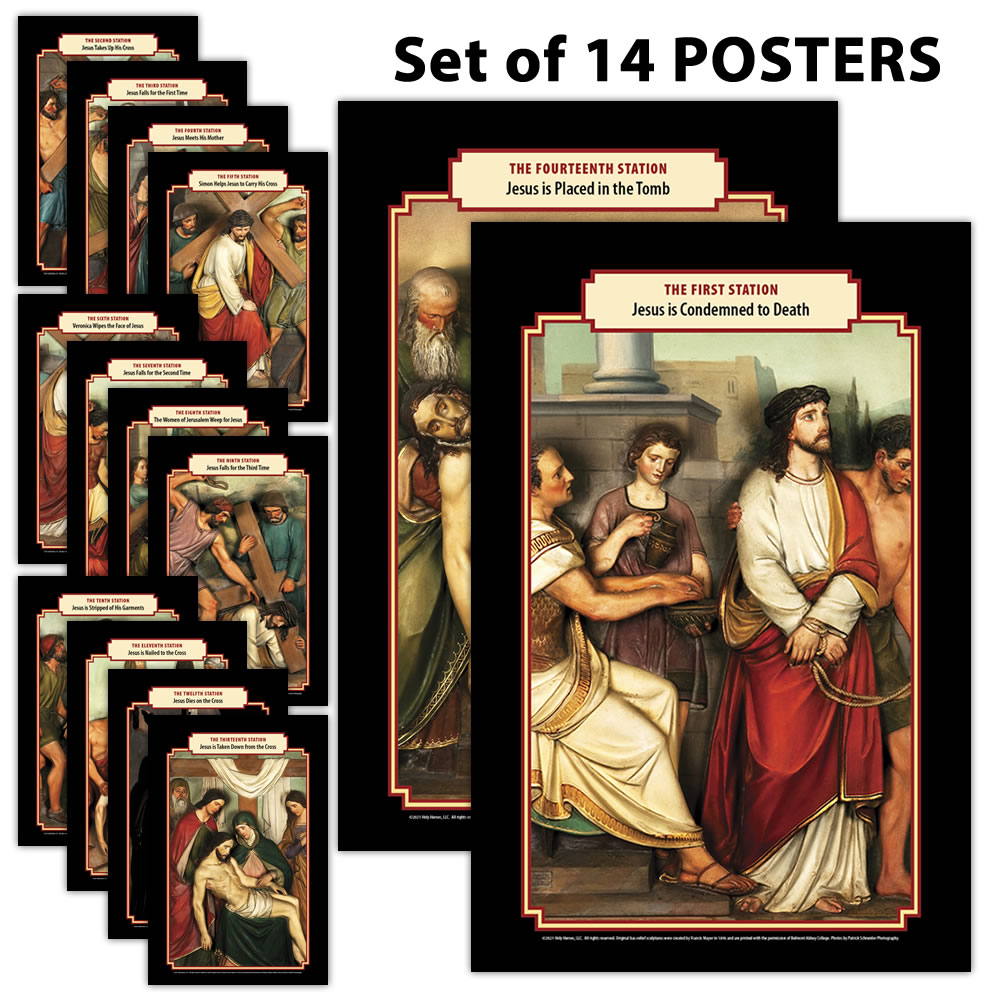
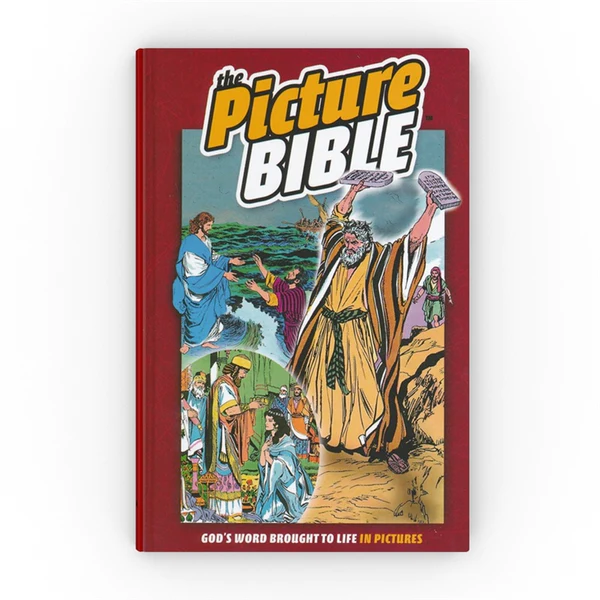

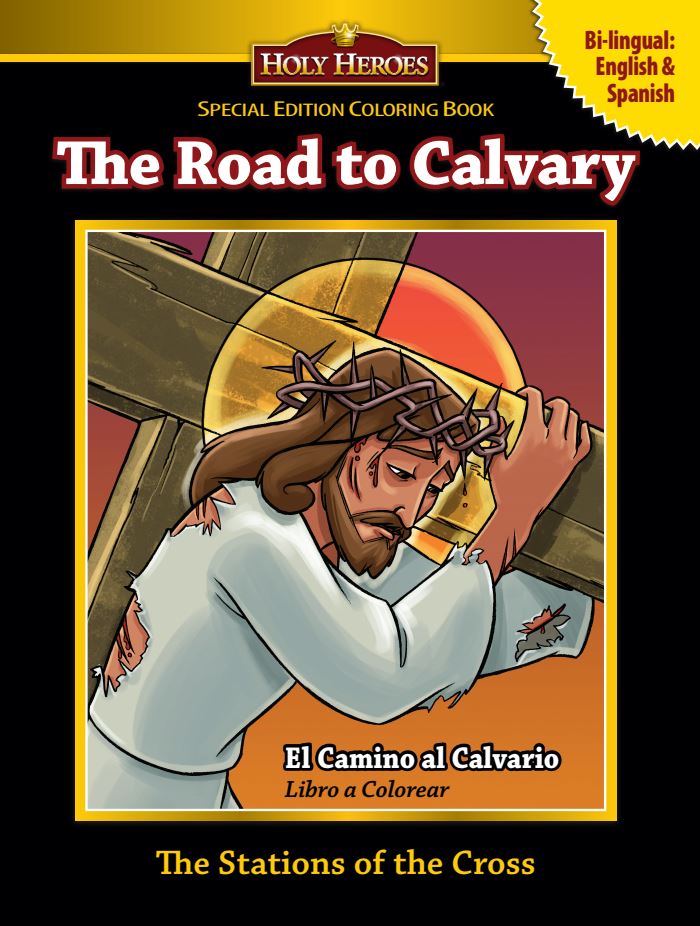

Beautiful